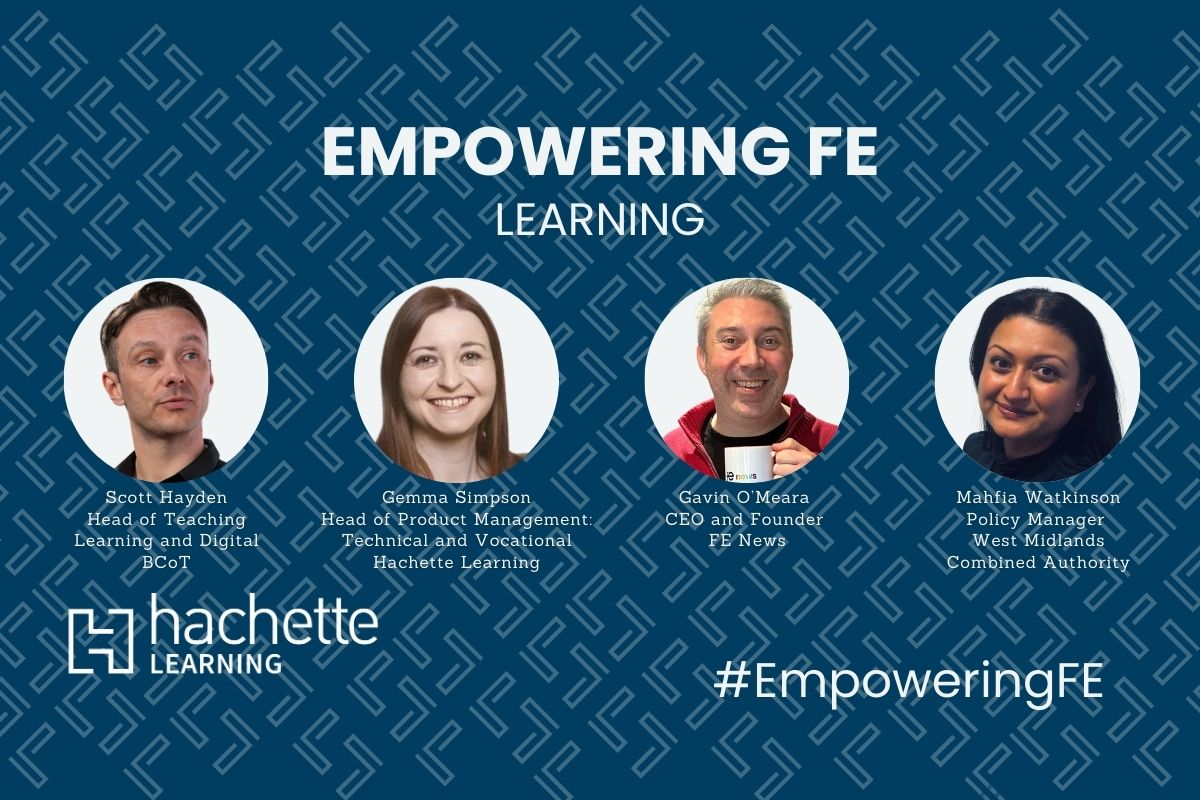New AI platform to mark essays in all subjects – including English

Graide, the University of Birmingham spinout whose AI-based platform helps maths, physics and chemistry teachers mark student homework, has launched a new platform that can mark essays and reports in all subjects.
The Graide AI platform has been tested independently by Oxbridge, who ran their English marking through the platform with remarkable results – over 80% accuracy against pre-marked submissions, and in some areas up to 100%.
The Graide platform evaluates both the structure and quality of the submission, and can effectively mark every question in subjects where there is a definitive knowledge base or some overlap in the thought process, such as specific texts in English.
This trial with Oxbridge, involved marking 235 responses to three questions on Shakespeare’s Othello, The Great Gatsby, and Poetry Comparison, an anthology of poetry anthology that explores the link between beauty and love.
The results from these marking sessions showed 100% congruence with teacher marking for essays on Othello, on average across the questions the platform boasted 99% accuracy when considering their confidence threshold. The system provides transparent, explainable AI, a requirement in today’s world.
Dr Manjinder Kainth, CEO of Graide, said: “We were delighted with the results, which strongly differentiate Graide from standard AI marking platforms. These need a lot of data to run through the neural network in order that it works properly, and this means they can only mark one question at a time, and may have to share your data with other users to get sufficient throughput.”
“Our deliberately small trial proves Graide can effectively mark with as few as 15 essays – and this feature allows individual teachers to personalise the platform to their own requirements, adding their own knowledge base in the form of textbooks, classroom notes, or lesson plans.”
Graide evaluates structure and quality of the submission, by analysing nouns, verbs, sentence length, and variability and connection to the knowledge base. It is also ‘self-aware’ – only showing marks that it is confident in, and alerting the user to pieces of work that may need teacher scrutiny.
Dr Kainth, said: “The platform has answered the question that people have been asking for a long time, and makes Graide an ‘everything platform’ that can cover all subjects taught from school to university level, saving teacher time.”
The platform will be demonstrated live, for the first time, at a webinar on 2nd November.
For further details, or to sign up to the webinar, go here.










Responses